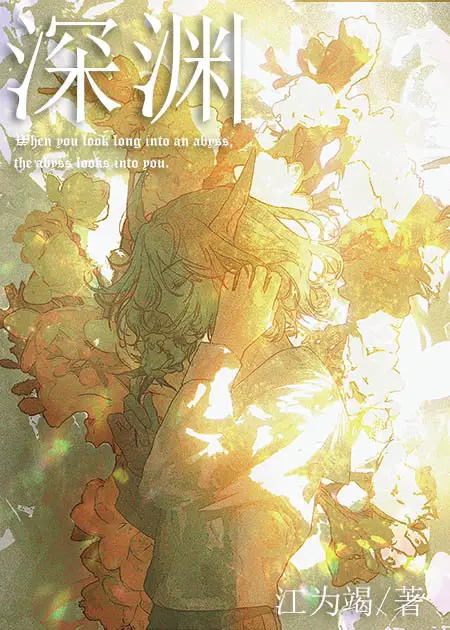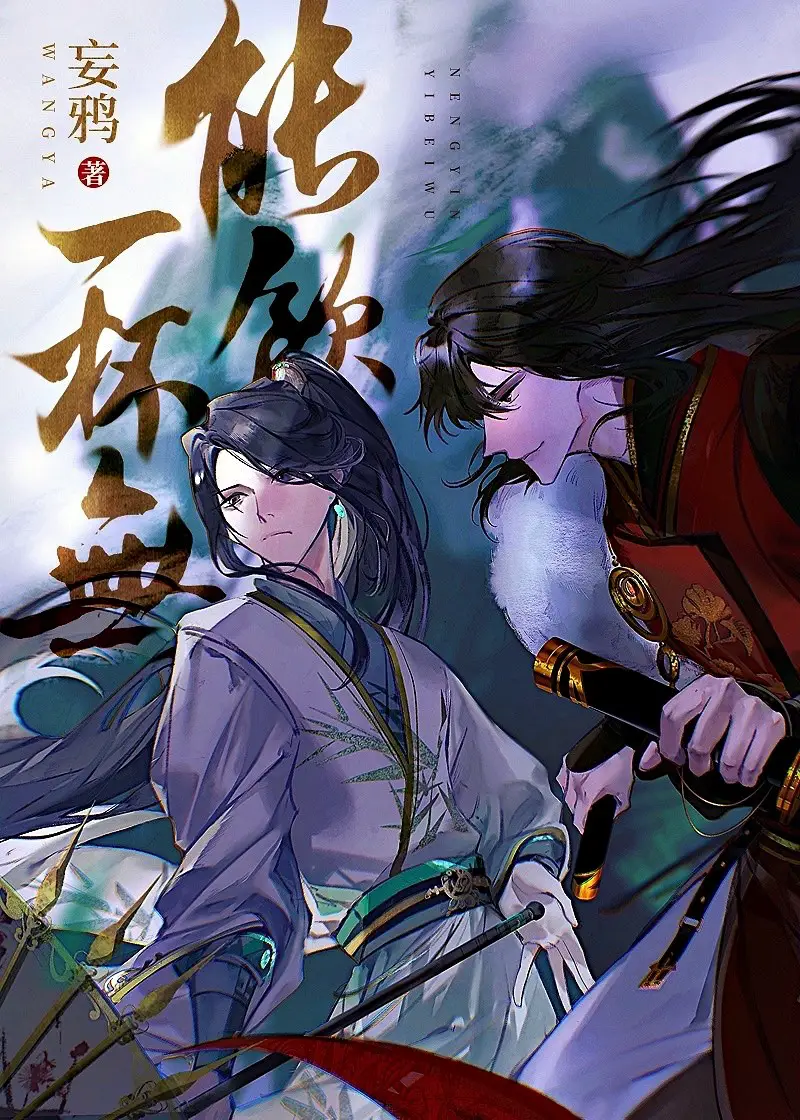Moonlight Novels will be officially closing soon. We will be operating a new site for original novels on NovelReads!
Page Not Found
The page you are looking for could not be found.
Moonlight Novels has transitioned to NovelReads.Club, please join our discord for more information.
We are also holding a Rofan writing contest (for original novels) with a prize of $1000. You can check for more information below.




Search
Trending
- Weekly
- Monthly
- All
-
1
How to Feed an Abyss!
Genres: Drama, Romance, Sci-fi, Shounen Ai, Slice of Life, Supernatural -
2
-
3
-
4
-
5
-
6
-
7
Lan Ming Yue
Genres: Drama, Fantasy, Historical, Shounen Ai, Slice of Life -
8
-
9
Would You Like to Have a Drink?
Genres: Action, Adventure, Fantasy, Yaoi -
10
-
1
-
2
How to Feed an Abyss!
Genres: Drama, Romance, Sci-fi, Shounen Ai, Slice of Life, Supernatural -
3
-
4
Lan Ming Yue
Genres: Drama, Fantasy, Historical, Shounen Ai, Slice of Life -
5
-
6
-
7
-
8
-
9
-
10
-
1
-
2
-
3
How to Feed an Abyss!
Genres: Drama, Romance, Sci-fi, Shounen Ai, Slice of Life, Supernatural -
4
Lan Ming Yue
Genres: Drama, Fantasy, Historical, Shounen Ai, Slice of Life -
5
-
6
-
7
-
8
-
9
Would You Like to Have a Drink?
Genres: Action, Adventure, Fantasy, Yaoi -
10
Recent Comments
- Dr on ATBIRFBB Chapter 151
- Dr on ATBIRFBB Chapter 195
- Dr on ATBIRFBB Chapter 168
- Dr on ATBIRFBB Chapter 164
- Dr on ATBIRFBB Chapter 151
- Dr on ATBIRFBB Chapter 143
- Dr on ATBIRFBB Chapter 132
- Dr on ATBIRFBB Chapter 130
- Dr on ATBIRFBB Chapter 120
- Dr on ATBIRFBB Chapter 114













